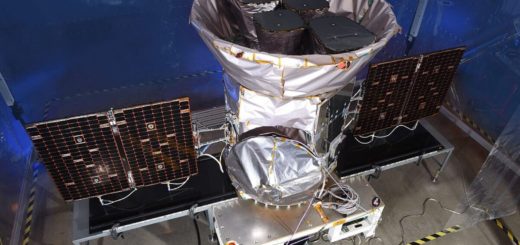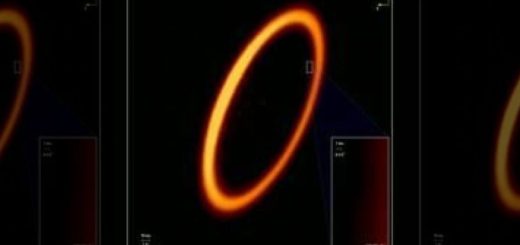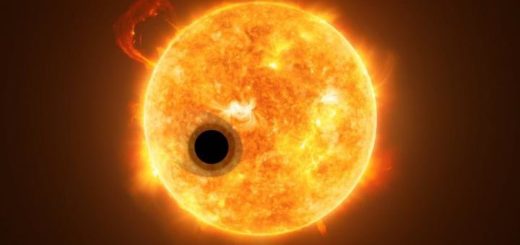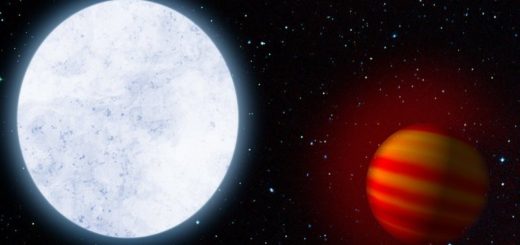Newfound exoplanet could be ‘Rosetta Stone’ for studies of alien atmospheres
Gliese 486 b will probably get a lot of astronomical attention over the next few years. A newly discovered alien world could help astronomers better understand the atmospheres of rocky planets. The newfound exoplanet, Gliese 486 b, circles a dim red dwarf star just 26...









 Creators of mankind
Creators of mankind Description of “Tall white aliens”
Description of “Tall white aliens” Where they came from?
Where they came from? About hostile civilizations
About hostile civilizations The war for the Earth
The war for the Earth “Tall white aliens” about eternal life
“Tall white aliens” about eternal life Video: “Nordic aliens”
Video: “Nordic aliens” Aliens
Aliens Alien encounters
Alien encounters The aliens base
The aliens base UFO
UFO Technology UFO
Technology UFO Underground civilization
Underground civilization Ancient alien artifacts
Ancient alien artifacts Military and UFO
Military and UFO Mysteries and hypotheses
Mysteries and hypotheses Scientific facts
Scientific facts


















